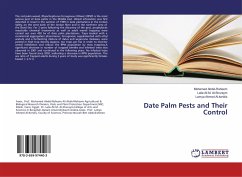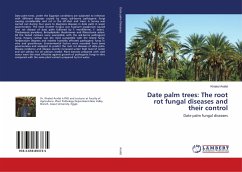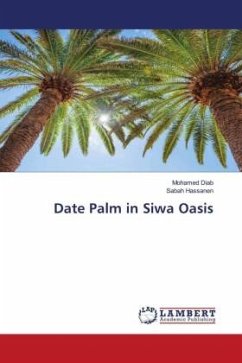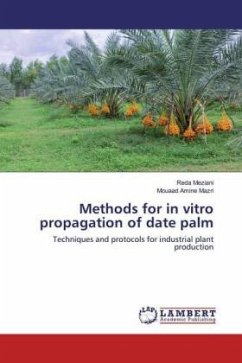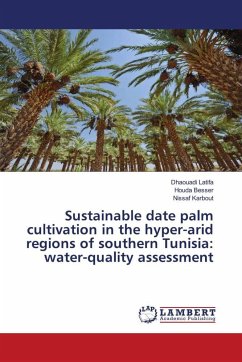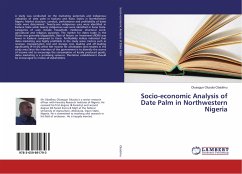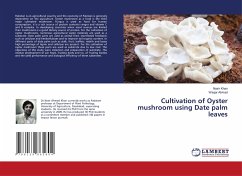The red palm weevil, Rhynchophorus ferrugineus (Olivier) (RPW) is the most serious pest of date palms in the Middle East. Weevil infestation was first detected in Israel in the summer of 1999 in date plantations in the Jordan Valley, on the west bank of the Jordan River and in the northern area of the Dead Sea. For 2 years following the discovery of the pest, prophylactic insecticide chemical treatments as well as adult weevil trapping were carried out over 450 ha of date palm plantations. Traps loaded with a commercial aggregation pheromone, ferrugineol, supplemented with ethyl acetate and a fermenting mixture of dates and sugarcane molasses, were posted in high trap density (approx. ten traps per ha) in order to monitor weevil infestation and reduce the RPW population by mass trapping.A significant decrease in number of trapped beetles and infested trees was observed in 2001 and continued in the following years. No infested trees have been found since 2002, indicating a decrease in RPW population. The sex ratio of trapped adults during 3 years of study was significantly female-biased (-2.5:1).

